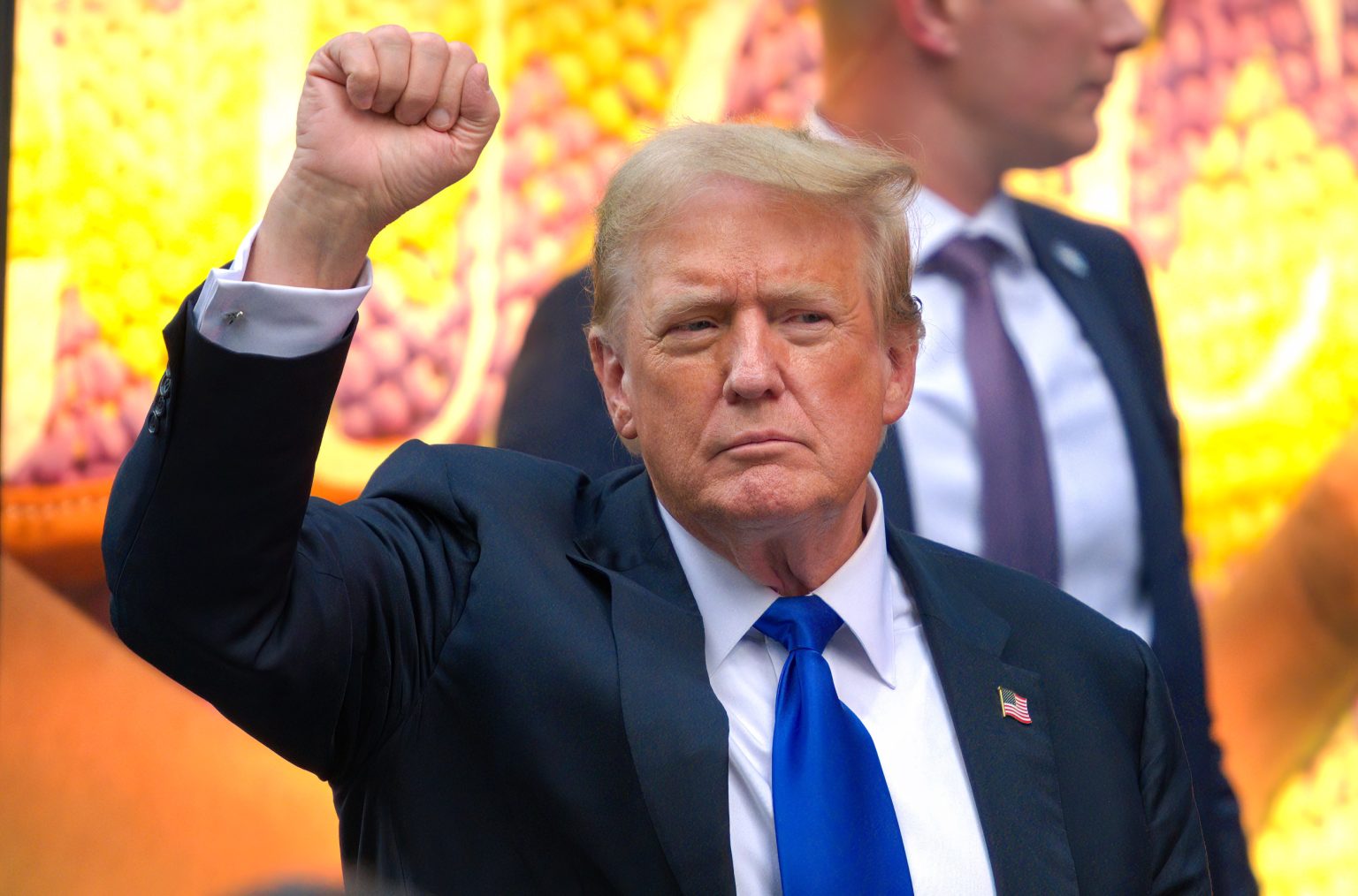Donald Trump’s legal team faced a challenging trial filled with errors that ultimately led to his conviction on all 34 counts of falsifying business records related to hush money payments made to Stormy Daniels during the 2016 presidential election. One significant mistake was made when attorney Robert Costello was called to counter the testimony of Michael Cohen. Costello’s behavior in court, which included interjecting during rulings, striking portions of testimony, and challenging the judge, resulted in a contentious atmosphere that did not help Trump’s case.
Another error noted during the trial was the lack of objections made by the defense team regarding Stormy Daniels’ explicit testimony about her sexual encounter with Trump. Judge Merchan expressed surprise that the defense did not object to certain details that were unnecessary for the jury to hear, which may have distracted from the main points of the case.
The defense team also placed too much emphasis on discrediting Michael Cohen’s testimony, portraying him as a dishonest individual trying to frame Trump. However, this strategy backfired as it highlighted Cohen’s close relationship with Trump and his role in covering up potential scandals on Trump’s behalf. This approach may have lent credibility to the prosecution’s argument that Trump was involved in illegal activities related to the hush money payments.
During closing arguments, the defense made the mistake of going into excessive detail and addressing all aspects of the prosecution’s evidence. This approach may have overwhelmed the jury and led to a loss of their focus, as they may not have been able to retain all the technical information presented. Los Angeles lawyer John J. Perlstein believes that it is essential to keep closing arguments concise and focused on the most relevant points that will sway the jury in a particular direction.
Overall, the trial revealed a series of errors made by Trump’s legal team that ultimately contributed to his conviction on all charges. From mishandling witnesses and failing to object to unnecessary testimony to overemphasizing certain arguments and providing boring and overly detailed closing statements, the defense team’s missteps played a significant role in the outcome of the case. In the end, Trump became the first U.S. president to be convicted as a felon, marking a significant milestone in his legal and political career.


